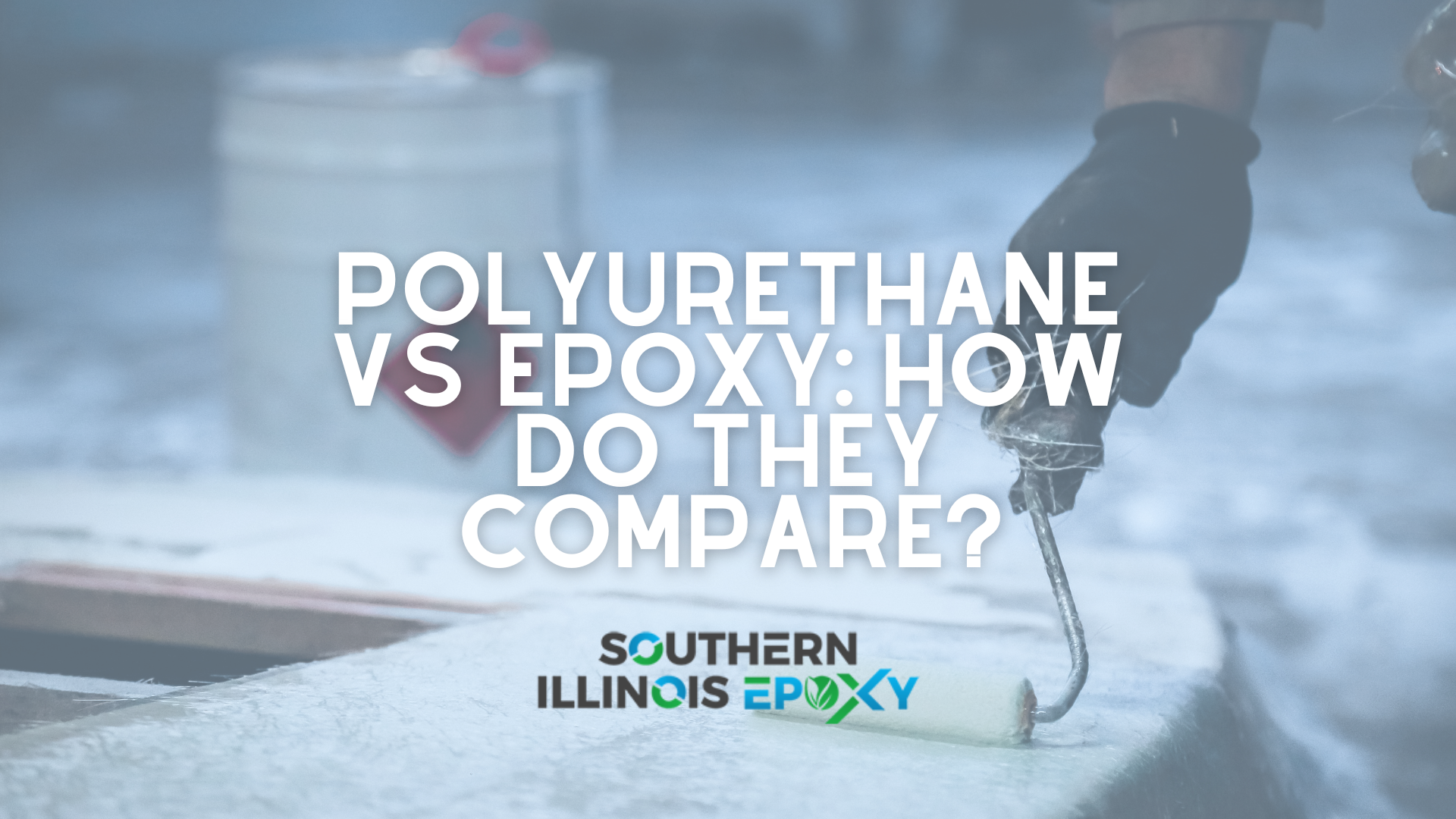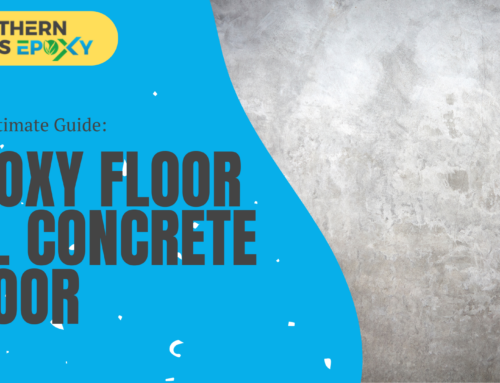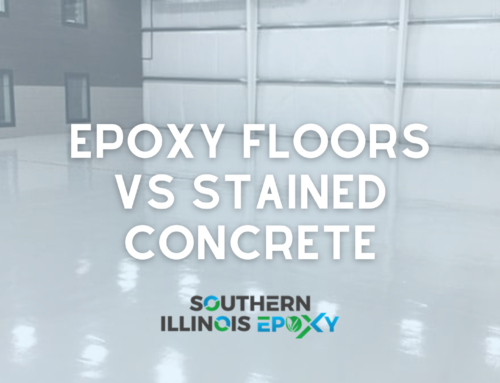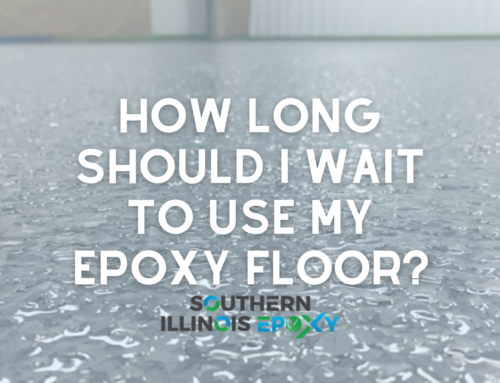Some claim that epoxy is the better choice for floor coatings. Others argue that polyurethane coating is the better choice. Both epoxy and polyurethane are suitable floor coatings, but we must be certain about our options before we make them. Polyurethane systems have been around for over 30 years, and it’s still gaining popularity due to their durability, molding, anti-slip surface, and easy cleanup. The main difference between polyurethane and epoxy is that while epoxy resin requires solvents to clean up, polyurethane has no such requirements.
What Is Polyurethane?
Polyurethane is a liquid coating that makes almost anything waterproof, heat-resistant, and stain-resistant. It also has anti-microbial properties that protect surfaces from harmful bacteria and fungus.
Polyurethane flooring is becoming one of the most popular options for homes and businesses in the industrial floor coating world. This flooring is not only stain-proof but can also make a space feel warmer in winter and cooler in summer.
Polyurethanes are a thermosetting polymer typically employed in the construction industry as topcoat materials for flooring.
What Is Epoxy?
Epoxy flooring is a type of flooring that consists of a coating applied on top of concrete. The coating is made of resin mixed with color pigment and hardener. Epoxy adheres to a wide range of surfaces, including concrete, wood, metal, and fiberglass.
The benefits of using epoxy flooring include its durability against moisture and stains. It is also lightweight and resistant to scratches, marks, and dents.
It can be used for commercial or residential purposes as long as it has been filled with the right amount of resin.
Pros And Cons Of Polyurethane And Epoxy
When trying to choose between two products, it can get difficult when they seem to be similar. Let’s look at the pros and cons of each to help you make an informed decision.
Pros Of Polyurethane
High abrasion resistance: the ability to withstand the wear and tear that friction causes, which can be created by mechanical parts as well as instances of recurrent scraping or rubbing.
Great look and protection: Even if there may be some disadvantages to a polyurethane finish, it cannot be denied that it gives family antiques and pricey wood furniture an exceptional sheen and level of protection.
Cons Of Polyurethane
Durability: A major downside of polyurethane coatings is their short lifespan. Polyurethane possesses hydroscopic properties, or the ability to absorb water. Polyurethane absorb water, degrade with time, and lose their supportive qualities. The problem with polyurethane adhesives and sealants is identical. Moreover, direct sunshine and organic solvents have a detrimental effect on the longevity of polyurethane coatings. This is why we never use polyurethane in or around pools.
Pros Of Epoxy
Reduced Damage For Machinery: Epoxy coating has the ability to withstand high flows of traffic and heavy machinery. They will last for years when properly maintained. Epoxy coating is resistant to high temperatures, sudden and extreme impacts, slippages, and even fire. It also resists extreme and sudden impacts.
Cons Of Epoxy
Long Curing Process: Depending on the type of epoxy coating used and the level of effort put into the project, the installation of epoxy flooring systems requires several days for the coating to completely cure. In most cases, the application must be allowed to dry and cure for a full 72 hours. On the other hand, the application of epoxy in more compact domestic spaces like garages can take only a day.
Final Verdict
In light of everything that has been said so far regarding polyurethane and epoxy, it should be no surprise that each offers both advantages and downsides. Epoxy or polyurethane—which type of coating do you think would be best for your project? With these two different kinds of coatings, you would not choose one over the other if given a choice.

FAQS
What is better, epoxy or polyurethane?
Polyurethane floors are typically softer and more elastic than epoxy floors, which gives them improved resistance to scratching. This makes polyurethane floors an excellent choice for locations such as multi-deck parking garages, which are subjected to high levels of foot traffic.
Can you use polyurethane like epoxy?
Polyurethane is a type of plastic or synthetic resin. This type of resin has numerous qualities that vary depending on the application, allowing it to be utilized for various reasons. Among other things, polyurethane creates thermoplastics, thermosets, and elastomers.
Can epoxy floors be matte?
It is possible to install epoxy flooring with a matte or glossy surface.








